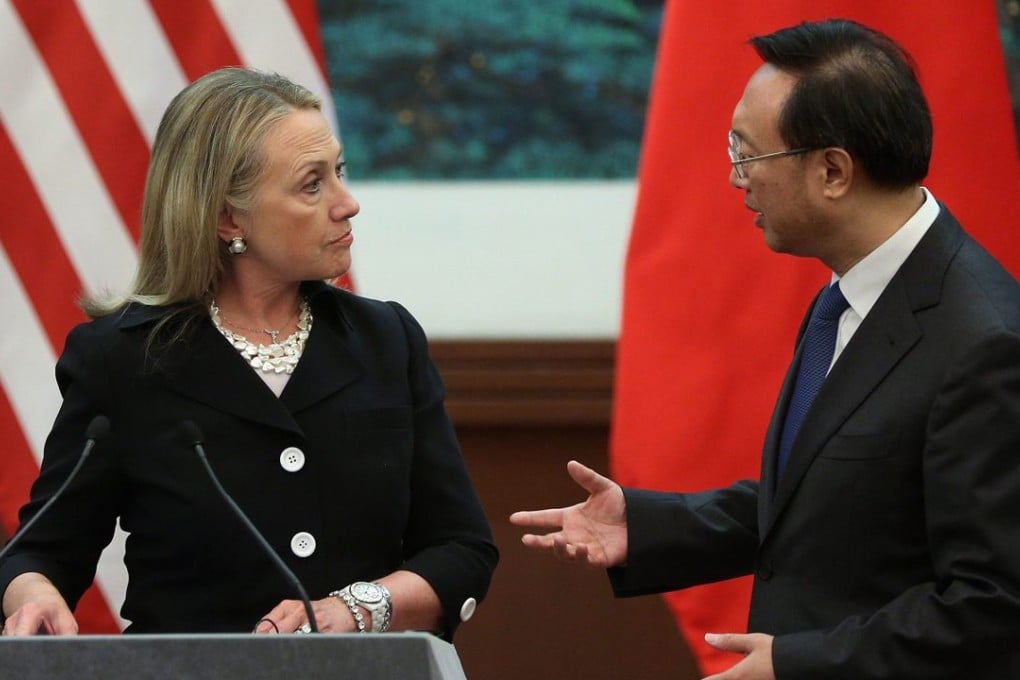Whether Hillary Clinton or Donald Trump takes the White House, pragmatism is likely to be the eventual winner
Dan Steinbock looks ahead to how an American presidency led by either of the two leading contenders will deal with China and Asia, including on matters of trade and geopolitics

In the US presidential election, the leading contenders – Democrat Hillary Clinton and Republican Donald Trump – are now seeking to consolidate their lead from Super Tuesday’s multiple state contests.
According to polls, two out of every three Americans will vote on the basis of domestic issues (the economy, immigration, jobs and health care). But who will they vote for? Today, real estate billionaire Trump has about 40 per cent of Republican national support and more delegates than all his rivals, including Ted Cruz and Marco Rubio, who each attract 10-20 per cent of Republicans. Among the Democrats, Clinton garners almost half of the national vote and has twice as many delegates as Senator Bernie Sanders.
READ MORE: Trump and Clinton each secure seven Super Tuesday wins, edging closer to nomination
In US presidential rivalries, money makes winners. By the end of February, Clinton’s campaign had raised US$190 million. To the surprise of Clinton’s Wall Street donors, Sanders had garnered US$100 million, even though his funding stems almost exclusively from ordinary Americans. By the end of February, Cruz and Rubio had raised some US$100 million and US$80 million respectively. Trump had raised just US$27 million. However, he knows how to sell media bites without having to buy media time. And when the real game begins, he has millions to burn.

Clinton is also seen by China as something of an anathema, due to her role in the US “pivot” strategy and efforts to restrict (de facto “contain”) China’s rise. That policy stance accounts for the ongoing transfer of 60 per cent of the US Navy fleet into Asia by 2020 and the accompanying military build-up in the region. To benefit from Asia’s growth potential, President Barack Obama negotiated the Trans-Pacific Partnership (TPP) agreement, which excludes China. To deter Sanders, Clinton has condemned the TPP but is likely to adjust her views in the end.
READ MORE: When it comes to China, and US foreign policy in general, Bernie Sanders needs all the help he can get
